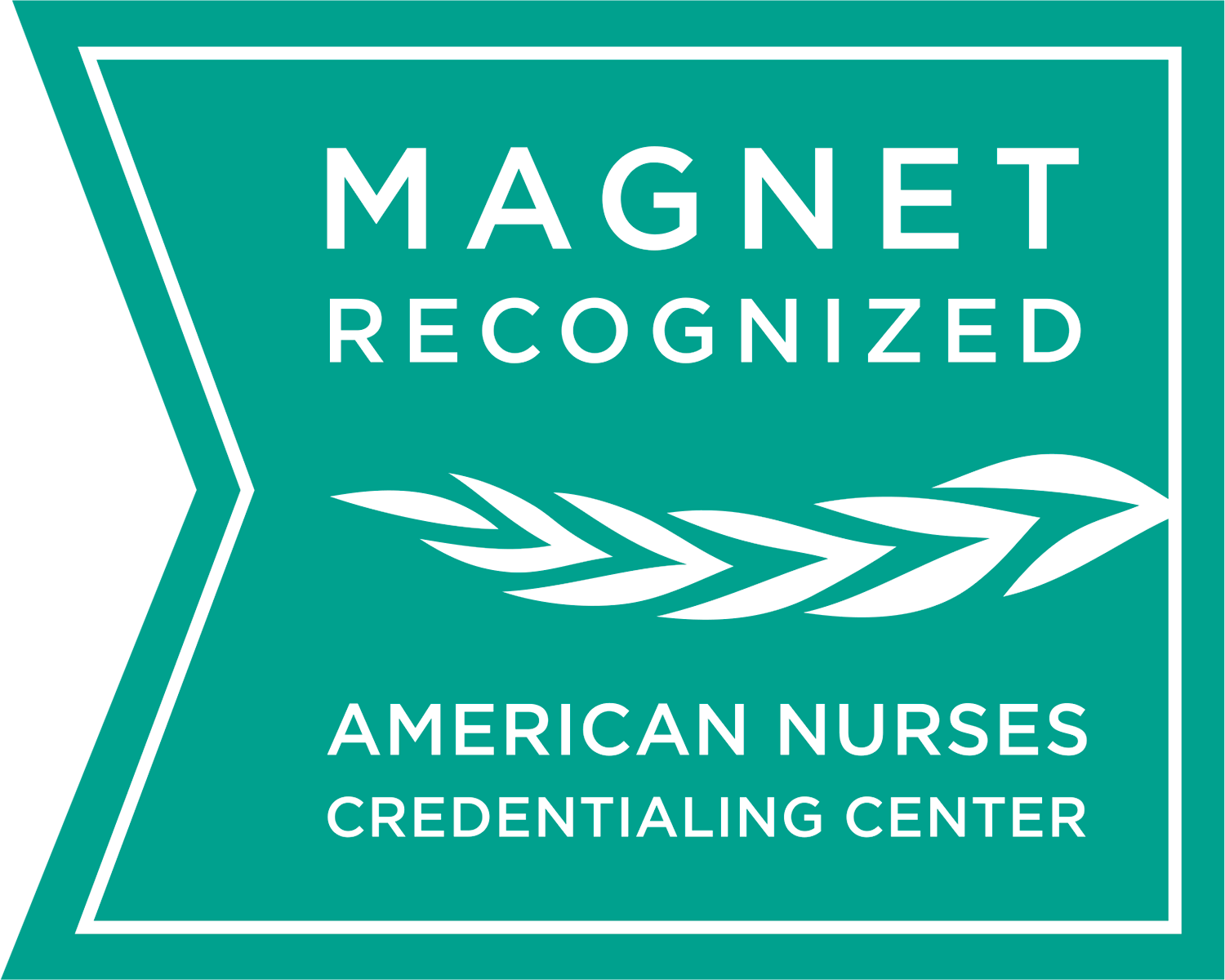
Research and Development at the Center for Cancer Genomics
Our Mission
To facilitate the design, execution, and analysis of cancer research projects through collaborations with investigators
Oxford Nanopore Technologies
The Oxford PromethION 2 Solo is being used in preliminary studies involving long-read sequencing of both DNA and RNA with nucleotide modification profiling. We also plan to use this platform to detect structural variants and fusion transcripts, perform long-read single cell sequencing, and more.
Low-input RNA Sequencing
Our current bulk RNAseq platform is successful with as little as 100 ng of total RNA input. We aim to reduce input requirements to much lower levels, including RNA derived from only tens of cells from fresh-frozen tissue or cell lines. FFPE-derived RNA input limitations will also be tested.
Single-cell/-nucleus LIMS
A LIMS system built for sc/snRNAseq workflows featuring an extensible architecture designed to adapt to evolving needs.
Analysis Updates
ScAfFRoN Pipeline (Single-cell Analysis for FFPE, RNA, or Nuclei): This is a pipeline written in WDL, Python, and Bash that uses Cell Ranger, CellBender, and other tools to analyze single-cell/-nucleus genomic data. We are actively working on incorporating new tools and writing new scripts to better present and automate data processing.
3D UMAPs
Currently, all our single-cell/-nucleus plots are presented in 2D UMAPs. We are working on ways to present this data in 3D to better distinguish cell types.
Heatmap and Clustergram Analyses
UMAP groupings for each sample are visualized using color-coded matrix plots and heatmaps that display expression levels of the top five marker genes per group. Hierarchical dendrograms highlight relationships between these groups.
Contact the Center for Cancer Genomics
CCG Associate Director: Aaron Thorner
DCBC Biopsy Collections: Karla Helvie
Bioinformatics: Tony Anselmo
For general questions:
617-582-7253 or aaron_thorner@dfci.harvard.edu






